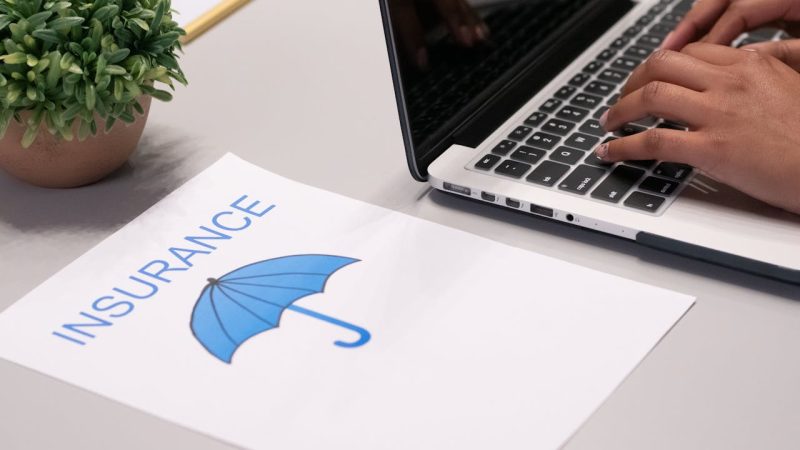5 Tips For Financially Planning For Your Retirement

One of the best ways to prepare for your future is to start planning as soon as possible. Your retirement years are supposed to be a time of putting your feet up and reaping the benefits of all your years of hard work. However, it can be a disaster if you don’t plan for it financially. Here are some of the best tips for cleaning your finances for your retirement.
Get Organized
One of the first things you should do is get organized. Create a plan for everything that you hope to accomplish. You do everything from setting up a trust to having an idea of how much money you’ll need to save to organizing your assets. Additionally, you can get your estate planning done as soon as possible as there can be a lot of paperwork included in it. You may want to take the help of legal firms and estate attorneys who can make a good estate plan after studying your family ethics and understanding its dynamics. However, hiring a good attorney can be significant for this process, and looking for reputed legal firms such as Cunningham Legal and others like it could be beneficial. Failing to have a plan can result in aimlessly wandering and making mistakes along the way. If you have no idea what you’re doing, consider hiring the financial advisor to guide you through the process.
Create a Budget
Once you have a plan in mind, it’s time to start putting things into action. A budget will help you keep your spending in check so that you are able to fulfill your financial goals. It may sound simple, however, many people find it difficult to create a budget they can stick to. Although budgets may mean cutting back on some of your spending habits, you’ll thank yourself for your self-discipline later on when you’re retired. Big benefits come from big sacrifices.
Put Aside Money Every Paycheck
It’s important to put away money every time that you’re paid. Underpaying yourself and putting the rest in savings can significantly add up over the years. Regardless of how much you’re paid, there is always something you can save. Consider setting up auto payments so that you never forget to put money into your savings account. Small and consistent efforts, when started as early as possible in your life, can reduce the need to make significant sacrifices later.
Pay off Debts
The last thing you want to be doing when you’re retired and no longer have a steady source of income is to pay off debts. It’s advantageous to pay off all of your debts before you enter your retirement years. The longer that you take to pay off your credit, the more that you’ll pay in interest. Get out from under the burden of debt as early as you can to reduce your financial pressure.
Invest In a Retirement Account
If you work for a company that offers a 401K plan or any other type of retirement savings program, you should contribute to it as much as possible. In many cases, your employer will contribute the same amount as you do up to a certain percentage. An employer match can be extremely advantageous for saving money for your retirement.







